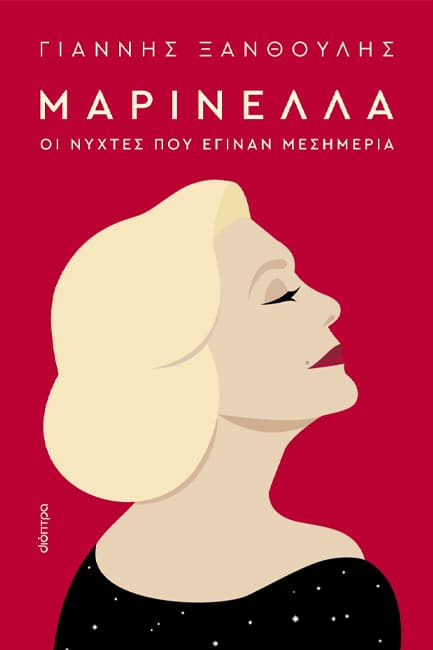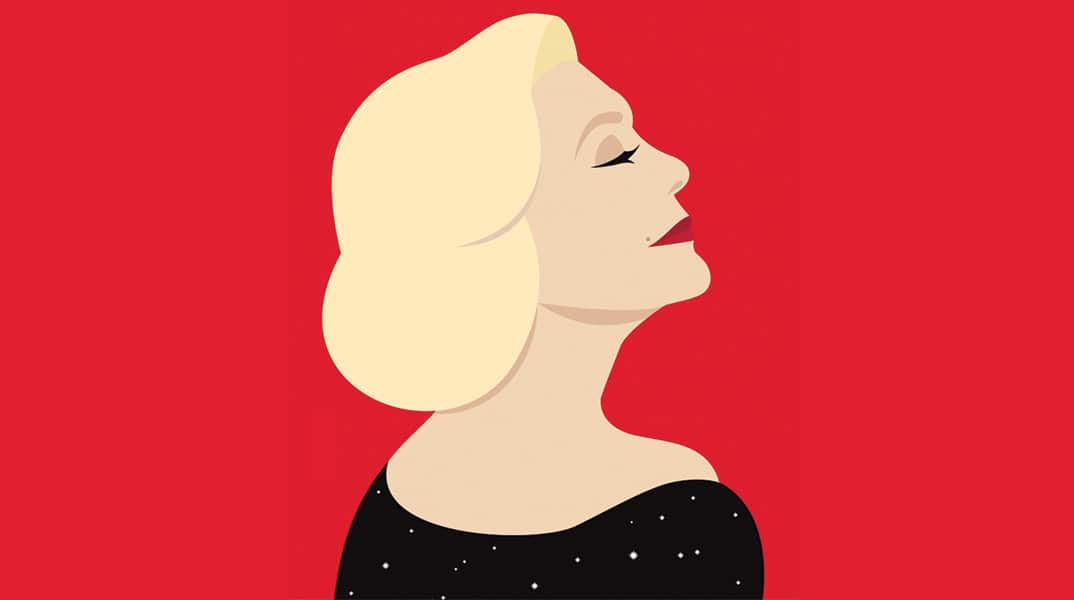by Christos Zampounis
If there is a song title that captures Marinella’s life, it is none other than “I dare”. Here is the appropriate verse: “I dare to walk in the minefield you live in.” Studying her recently published biography, by Yannis Xanthoulis, I understand how the “match” as the author describes it, became a “lightning” that still lights up the Athenian nights. After all, the title of the book, “The nights that became noons”, is explained by the 35 noons that the two of them spent, in the form of a banquet, discussing everything – or almost everything, because some of them had… amnesia. Kazantzidis, Serpieris, Voskopoulos, the men of her life, George Hatzinassios, Pythagoras, George Katsaros, Kostas Hatzis, Zambetas, Yannis Markopoulos, Sotiria Bellou, Mikis Theodorakis, Kate Gray, Manos Hatzidakis, Poly Panou, some of the musical companions of her career of her, are paraded on the 250 pages, together with her parents and, of course, her daughter Georgina Serpieri, out of marriage. “I dare” as the song says. Several questions that preoccupied public opinion, such as where her artistic name came from, since her baptismal name was Kyriaki Papadopoulou, or what political beliefs she is are clearly answered, while others, such as how the refugee girl from Istanbul became Aris of Thessaloniki, are left hanging . “Marinella was more than her songs”, notes Xanthoulis, who collaborated with her on the television adaptation of his play “When the Bees Came”. To add a wise remark: “He commanded the rush”.














